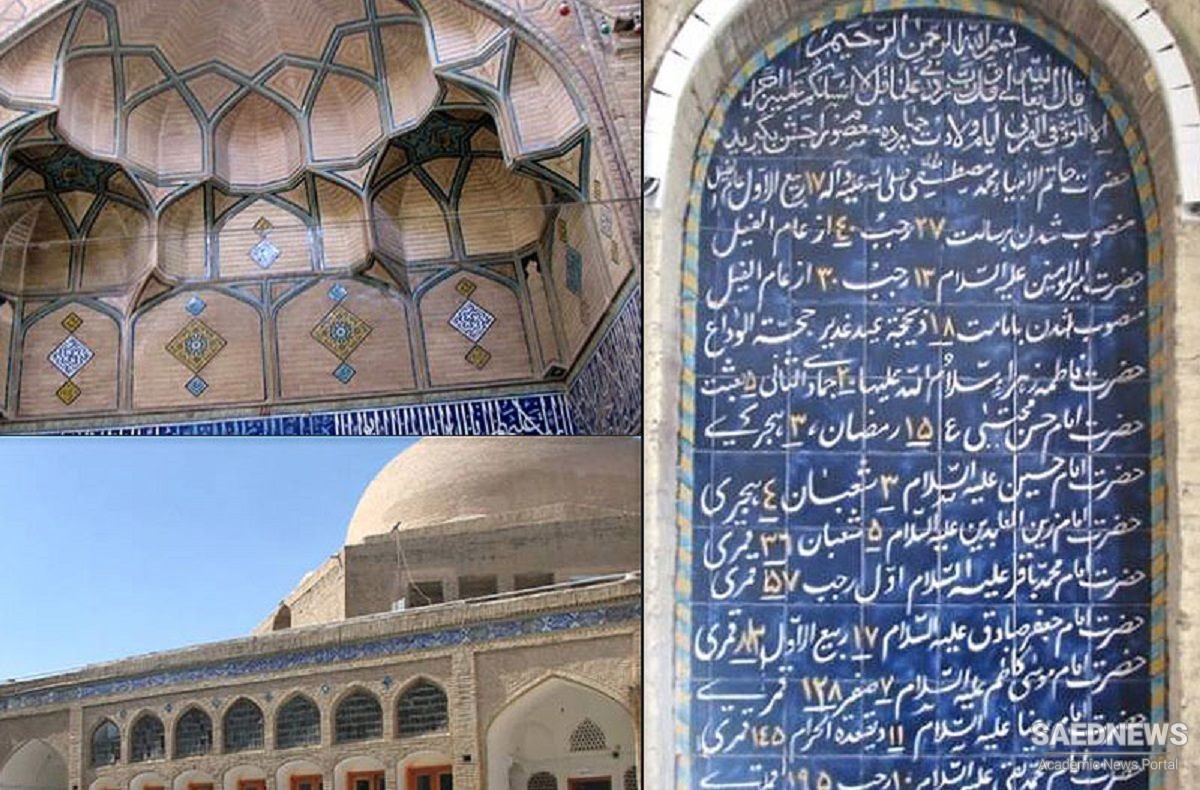Appointed in 1634, he had had a successful career in administration, where he had distinguished himself through services in the sphere of construction, including road building projects undertaken for 'Abbas I in Mazandaran and the rebuilding of the sanctuary of Najaf on the orders of Safi I, and through his activity as vizier of Mazandaran and of the whole of Gllan after the rising stirred up there by Gharib Shah.
Saru Taqi, who held office as grand vizier until the death of Safi and for as long as three years afterwards, was not only an experienced specialist in administration but also a person of integrity, incorruptible and not at all intent on personal financial advantage. He so won the support and goodwill of the shah that he was able to get his way with all the authorities, in earlier years even including the military aristocracy.
Efficient administrative measures, especially in finance, enabled him to raise revenues to a level never before known in Iran. He did indeed make use of a secret information service to this end, the activities of which, while it may have increased his popularity in some quarters, had quite the reverse effect elsewhere. In the course of time, moreover, he became so hardened and implacable, and so given to autocratic behaviour and contempt for others, that he not only played into the hands of his opponents but sometimes even offended against the interests of the state.
Thus in 1638 his misplaced reluctance to compromise gave the impetus to the loss of Qandahar, when he insisted on withdrawing certain privileges in the payment of annual contributions to the Grand Divan from the local governor, 'All Mardan Khan, which had been granted by his predecessors. Instead of obeying the summons to appear at court, the governor proceeded to place himself and his province under the jurisdiction of the Mughal emperor Shah Jahan.


 Shah Safi the Successor of Shah Abbas the Great
Shah Safi the Successor of Shah Abbas the Great














































